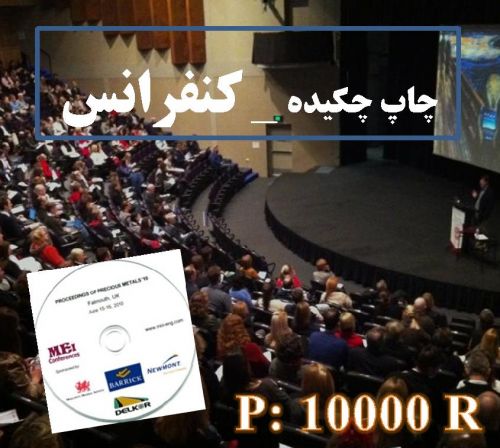Background: Phytase, which can hydrolyzes phytic acid to release inorganic phosphate, could resolve some of the problems caused by phytate in animal feeds. Phytic acid has been shown to have a strong anti-nutritive effect in animal as pigs, poultry, fish and human. Undigested phytate negatively affects the absorption of Ca2+, Fe2+, Zn2+ and reduction of phosphate content. It also reduces the digestability of proteins and inhibits digestive enzymes. The supplementation of animal feed with phytase enables the assimilation of phosphate and diminishes the amount of phosphate in the manure and subsequent environmental pollution. Material and Method: A phytase gene (phy) was cloned from Escherichia coli. Plasmid containing phytase encoding gene was transformed into competence E. coli DH5α.Thefragment encoding phy was isolated from plasmid by digestion with XhoI and BamHI and ligated into the digested pET32a. E. coli DH5α was transformed using the resultant plasmid (phy/pET32a). This plasmid was then transformed into E. coli BL21 (DE3) pLysS cells for protein purification. The bacterium was induced byIPTG and its lysates were loaded directly onto SDS-PAGE. Purified recombinant protein was achieved by affinity-chromatography using (Ni-NTA) resin. Results: A phytase gene was successfully cloned, expressed and purified. An approximately 40kDa protein was observed on the SDS-PAGE. The recombinant protein was purified using affinity chromatography by Ni-NTA resin. Conclusion:Our data showed that the recombinant enzyme phytase produced by pET32a vector in E. coli system was very efficient.
کلید واژگان :Phytase, Recombinant protein, Cloning, Protein purification.
ارزش ریالی : 200000 ریال
با پرداخت الکترونیک
جزئیات مقاله
- کد شناسه : 7152725454512492
- سال انتشار : 2015
- نوع مقاله : چکیده مقاله پذیرفته شده در کنفرانس ها(فایل کامل مقاله بارگزاری گردد)
- زبان : انگلیسی
- محل پذیرش : The 16 th International iranian congress of Microbiology. Tehran, Iran. August 2015
- برگزار کنندگان : دانشگاه شهید بهشتی
- تاریخ ثبت : 1397/03/04 17:52:25
- ثبت کننده : مریم پرهام فر
- تعداد بازدید : 309
- تعداد فروش : 0
